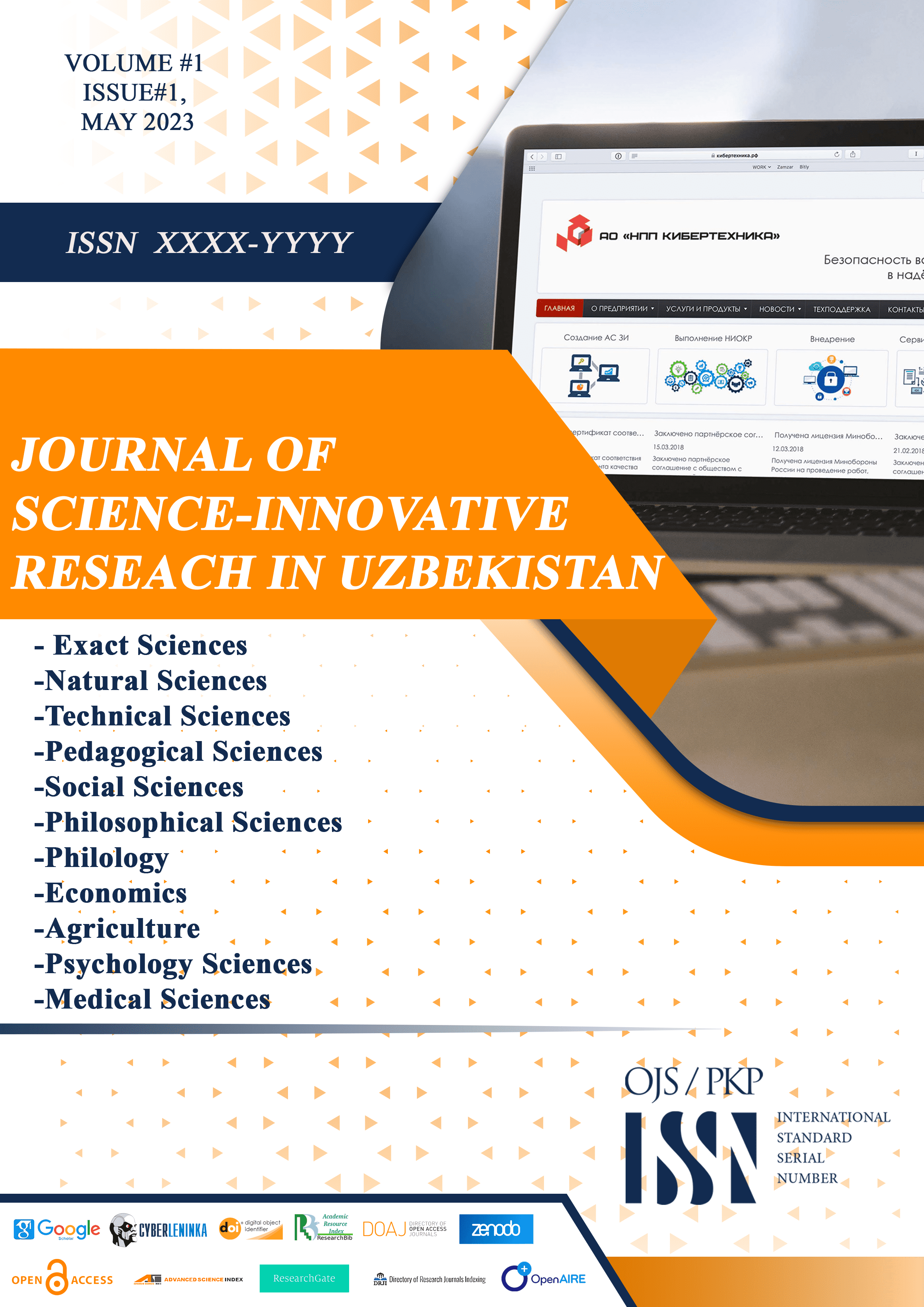Abstract
This article will study the role and effectiveness of modern technologies in teaching English. Based on literature analysis, the impact of various technological tools on the language learning process, their advantages and limitations are discussed. The results show that modern technology is important in Language Teaching, but their effective application depends on teacher skills and integration into curricula. The article will analyze promising areas of use of technology and existing problems.
References
1. Warschauer, M. (2019). The changing global economy and the future of English teaching. TESOL Quarterly, 34(3), 511-535.
2. Rosell-Aguilar, F. (2018). Autonomous language learning through a mobile application: a user evaluation of the busuu app. Computer Assisted Language Learning, 31(8), 854-881.
3. Alhamami, M. (2018). Beliefs about and intention to learn a foreign language in face-to-face and online settings. Computer Assisted Language Learning, 31(1-2), 90-113.
4. Chen, Y. L. (2016). The effects of virtual reality learning environment on student cognitive and linguistic development. The Asia-Pacific Education Researcher, 25(4), 637-646.
5. Shadiev, R., & Yang, M. (2020). Review of studies on technology-enhanced language learning and teaching. Sustainability, 12(2), 524.
6. Tugun, V., Bayanova, A. R., Erdyneeva, K. G., Mashkin, N. A., Sakhipova, Z. M., & Zasova, L. V. (2020). The opinions of technology supported education of university students. International Journal of Emerging Technologies in Learning (iJET), 15(23), 4-14.
7. Kukulska-Hulme, A., & Viberg, O. (2018). Mobile collaborative language learning: State of the art. British Journal of Educational Technology, 49(2), 207-218.
8. Zou, D., Huang, Y., & Xie, H. (2021). Digital game-based vocabulary learning: where are we and where are we going? Computer Assisted Language Learning, 34(5-6), 751-777.
9. Bai, B., Wang, J., & Chai, C. S. (2021). Understanding Hong Kong secondary school English teachers' beliefs and practices of assessment for learning. Teaching and Teacher Education, 98, 103244.
10. Li, S., & Wang, J. (2018). Automatic essay scoring using multi-level linguistic features. In Proceedings of the 27th International Conference on Computational Linguistics (pp. 3117-3128).

This work is licensed under a Creative Commons Attribution 4.0 International License.

